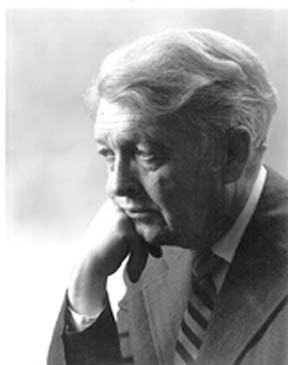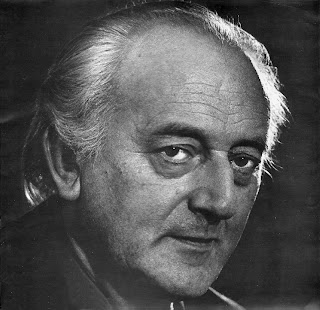Robert Noehren playing works by Johann Sebastian Bach

Robert Noehren (1910-2002) was an influential American organist with a broad interest in organ building, performance practice and writing. He was named “International Performer of the Year 1978” by The American Guild of Organists, and in that connection I’ve found this short biography (http://216.137.149.180/IPYA/NoehrenR.html): “Robert Noehren (December 16, 1910 – August 4, 2002) enjoyed a long and distinguished career as international recitalist, recording artist, scholar, author, and teacher. He was for many years University Organist and Head of the Organ Department at the University of Michigan. His discography numbers over 40 recordings, from earlier vinyl LPs to a number of CDs made late in his career. Among his many honors were the French Grand Prix du Disque for his recording of the Bach Trio Sonatas. His interest in historical organ building led to numerous trips to France, Germany, and Holland, and the establishment of his own organ building company, where he designed and bui...


